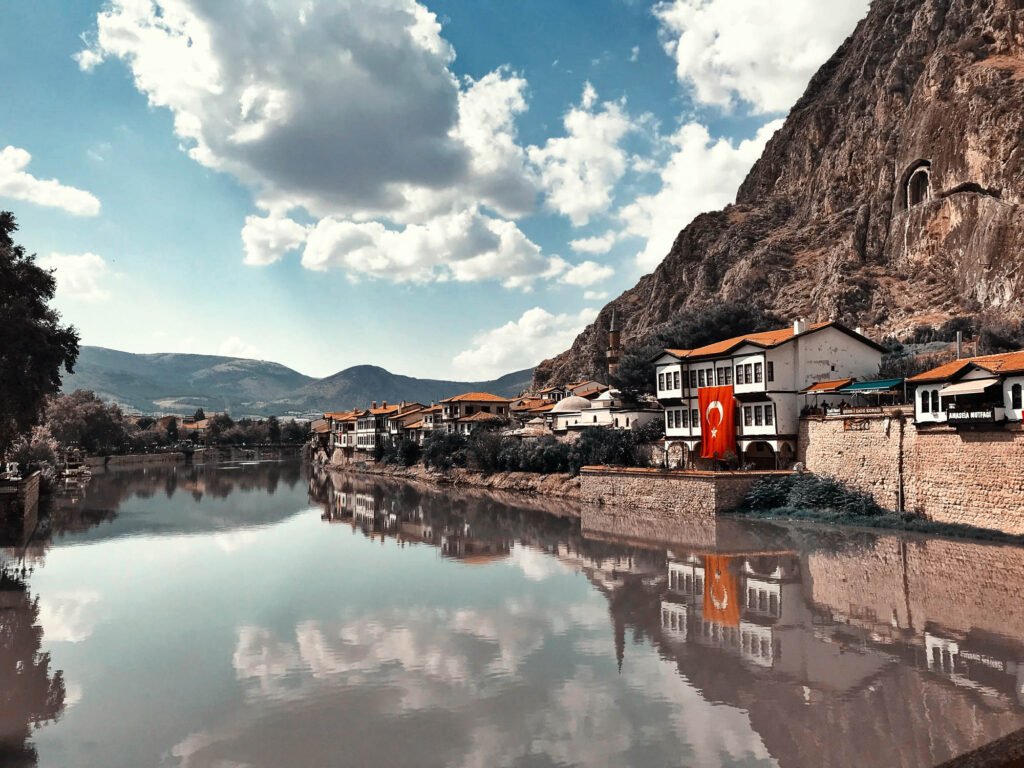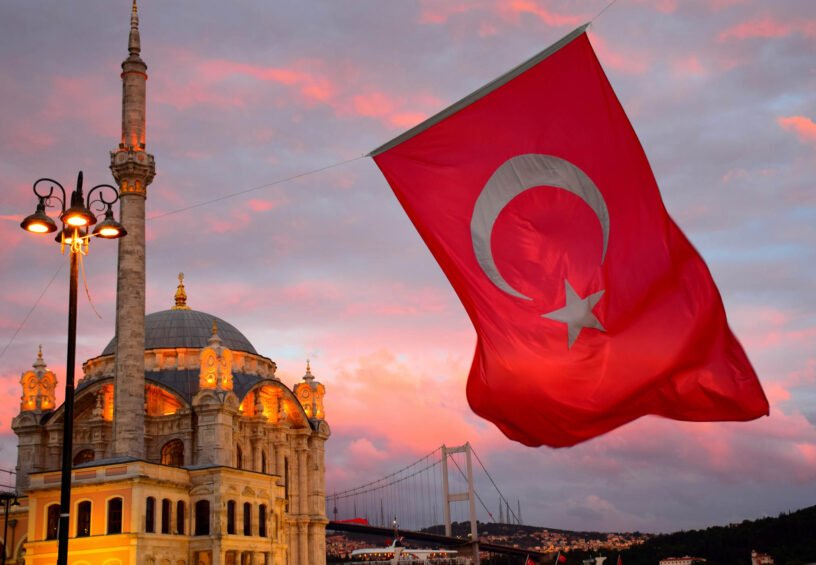Have you heard the news? Turkey has officially changed its name to Türkiye. If you’re scratching your head wondering why, you’re not alone. Countries don’t usually just up and change their names on a whim. There are some interesting reasons behind this move. Geo-political aspirations, cultural identity, and economic opportunity all play a role in the rebranding. As Turkey, or should we say Türkiye, seeks to expand its influence on the global stage, establish itself as a major player in trade and tourism, and share its rich history with the world, a name change makes strategic sense.
For a nation with roots stretching back to ancient times, Türkiye connects the country more closely with its Ottoman past. While the English- speaking world may be slow to adopt the new name, for Türkiye it signifies a new chapter of progress and prosperity.Read on to discover why Türkiye chose now to make such a bold statement. This little shift could have big implications.

Turkey’s Historic Name Change From Turkey to Türkiye
Turkey’s president, Recep Tayyip Erdoğan, announced that the country will now go by Türkiye to strengthen its identity. In June 2022, the United Nations agreed to change the spelling of the country to Türkiye. This historic name change aims to rebrand the nation and eliminate associations with the bird that shares its name.

Reasons Behind the Push to Change Turkey’s English Name
The country we know as Turkey recently announced plans to change its English name to Türkiye. This isn’t just a cosmetic change – it reflects the nation’s deep desire to reshape its identity and global perception.
Historical reasons
For centuries, Europeans referred to the Ottoman Empire as “Turkey” due to a mistranslation. The new name, Türkiye, more closely matches what citizens call their country. Using the proper name is seen as a sign of respect for the nation’s history and culture.
Political motivations
President Erdogan’s government wants to build national pride. Rebranding the country is a way to make it appear more prestigious on the global stage. Officials also believe “Türkiye” will eliminate associations between the country and the bird that shares its name.

Tourism aims
Turkey’s government hopes a name change will bring more tourists. Places like Czechia (formerly the Czech Republic) saw tourism rise after rebranding. By emphasizing its unique history and identity, Türkiye could attract visitors seeking an “authentic” experience.
Looking forward
Will other nations follow Türkiye’s lead? Some countries contain references to Western imperialism in their English names. Adopting endonyms (native-language names) may allow them to reclaim their identity and values. However, a widespread shift could also create confusion.
While the reasons for changing Turkey’s English name are complex, one thing is clear: how we refer to places has power. Using “Türkiye” is a matter of courtesy and a recognition of the country’s sovereignty over its own identity. For now, both names remain in common use, but “Türkiye” points to an independent future.

Responses to the Name Change, Both Domestically and Abroad

The announcement of Turkey’s name change to Türkiye received mixed reactions both at home and abroad.
Domestic Response
Within Turkey, the move was popular with nationalists who want to strengthen the country’s identity as the heir to the Ottoman Empire. President Erdoğan’s supporters also backed the change as a symbolic show of power and independence. However, more liberal Turks argue the government should focus on the country’s democratic deficits and economic woes rather than superficial changes.
Opposition leaders see the name change as a distraction from real issues, an attempt by Erdoğan to stoke nationalist fervor and shore up his base. The pro-Kurdish party believes “Türkiye” excludes the nation’s Kurdish population and other ethnic minorities. For secularists, the change is another step in Erdoğan’s Islamization of Turkish society and politics.

International Reaction
Internationally, responses were equally mixed. Regional allies like Azerbaijan and Pakistan supported the move. The UN, US and most Western nations accepted the sovereign right of countries to choose their own names but urged Turkey to also respect civil liberties and democratic values.
Greece and Cyprus, with whom Turkey has long-standing disputes, criticized the name change as provocative. They argue “Türkiye” has irredentist implications, suggesting Turkey has territorial claims beyond its current borders. The Arabic-speaking world largely ignored the announcement, still commonly referring to “Turkey” in their own languages. For most people around the world “Turkey” remains synonymous with the nation.

Conclusion
So there you have it, the reasons why Turkey decided to rebrand itself as Türkiye. A name change of a country is no small feat, but it shows how much importance Turkey places on its own national identity and global perception. While the name Turkey may have served it well for decades, Türkiye is a better representation of the nation’s values and culture. The next time you see Türkiye in the news or on a map, you’ll have a deeper understanding of the significance behind the name. A country’s name is tied to its sense of self, and Türkiye has chosen one that reflects its unique history and hopes for the future.
Check this article to learn which countries have changed their names in the last 100 years!




1 Pingback